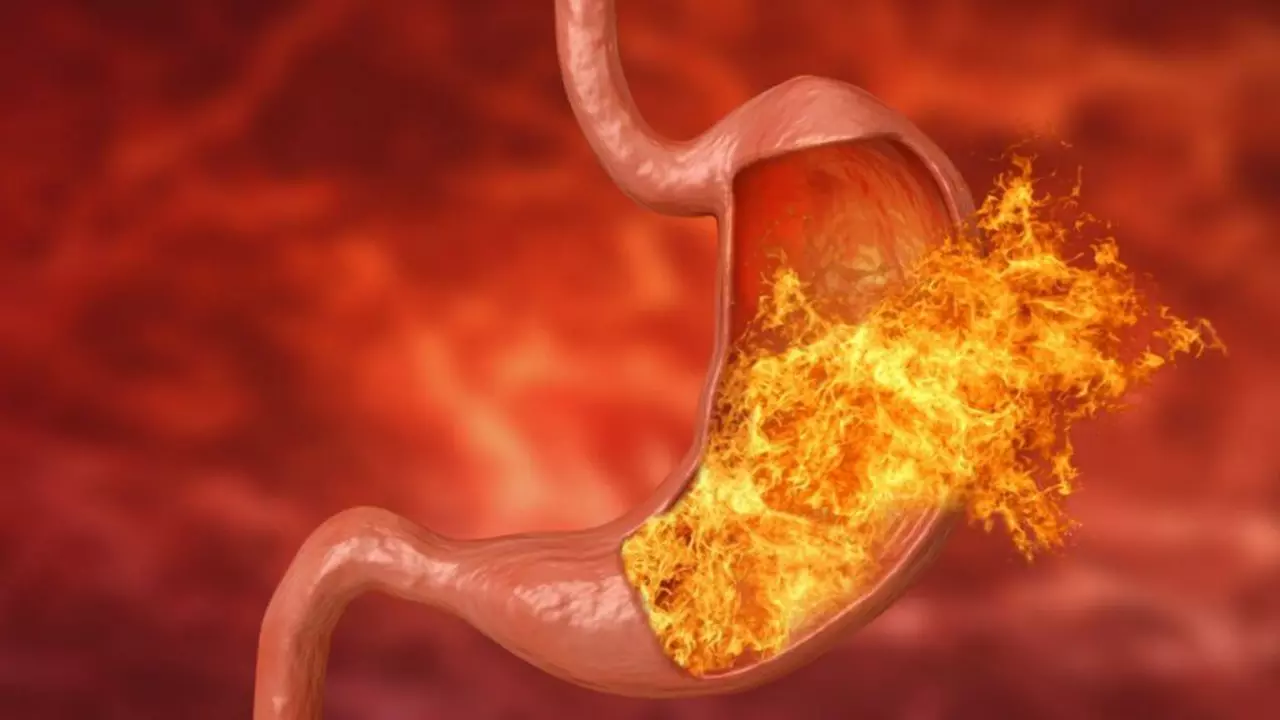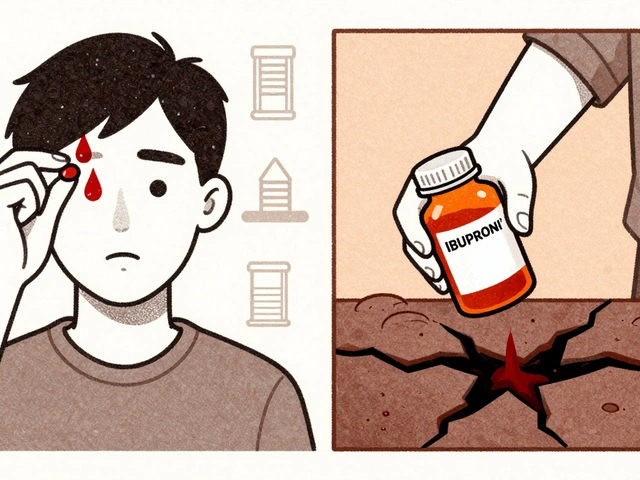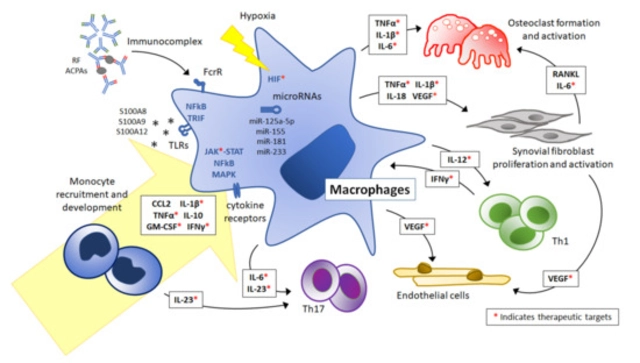Understanding Acid Indigestion and H. pylori Infection
Before diving into the connection between acid indigestion and H. pylori infection, it is essential to understand what these terms mean. Acid indigestion, also known as heartburn, is a burning sensation in the chest area, often accompanied by a sour taste in the mouth. This discomfort is caused by stomach acid flowing back into the esophagus, irritating its lining.
On the other hand, H. pylori, or Helicobacter pylori, is a spiral-shaped bacterium that can colonize the stomach lining, causing chronic gastritis and increasing the risk of stomach ulcers and gastric cancer. It is estimated that nearly half of the global population is infected with H. pylori, making it one of the most common bacterial infections worldwide.
How H. pylori Infection Contributes to Acid Indigestion
H. pylori infection can cause gastritis, which is an inflammation of the stomach lining. This inflammation can lead to an imbalance in the production of stomach acid, either increasing or decreasing its levels. When there is an excessive amount of stomach acid, it can flow back into the esophagus, causing acid indigestion.
Moreover, H. pylori can also weaken the lower esophageal sphincter (LES), a ring of muscles at the junction of the esophagus and stomach. The LES is responsible for preventing stomach acid from flowing back into the esophagus. When weakened, it can allow stomach acid to reflux, leading to heartburn and other acid indigestion symptoms.
Recognizing the Symptoms of Acid Indigestion and H. pylori Infection
Acid indigestion symptoms include a burning sensation in the chest, a sour taste in the mouth, belching, bloating, and nausea. These symptoms typically worsen after eating a large meal or lying down shortly after eating. On the other hand, H. pylori infection may present with similar symptoms, such as bloating, nausea, and abdominal pain, but can also cause a loss of appetite, weight loss, and dark, tarry stools.
It is important to note that some individuals infected with H. pylori may not exhibit any symptoms at all. In such cases, the infection can go undetected for years, increasing the risk of developing more severe complications, such as ulcers and gastric cancer.
Diagnosing H. pylori Infection
If you are experiencing persistent acid indigestion symptoms, it is essential to consult your healthcare provider, as H. pylori infection may be the underlying cause. Several diagnostic tests can detect H. pylori infection, including blood tests, breath tests, stool tests, and endoscopy with biopsy. Each test has its advantages and limitations, and your healthcare provider will determine the most appropriate method based on your medical history and symptoms.
Treating H. pylori Infection to Alleviate Acid Indigestion
Once an H. pylori infection is confirmed, your healthcare provider will prescribe a course of treatment to eliminate the bacteria. The standard treatment is a combination of antibiotics and acid-suppressing medications, such as proton pump inhibitors or H2-receptor blockers. Successfully treating H. pylori infection can help alleviate acid indigestion symptoms and reduce the risk of developing stomach ulcers and gastric cancer.
In addition to medical treatment, lifestyle modifications, such as maintaining a healthy diet, avoiding trigger foods, and eating smaller meals, can also help manage acid indigestion symptoms.
Preventing H. pylori Infection and Acid Indigestion
Preventing H. pylori infection can significantly reduce the risk of developing acid indigestion and other gastrointestinal complications. Practicing good hygiene, such as washing your hands thoroughly and avoiding contaminated food and water, can help prevent the spread of H. pylori. Additionally, maintaining a healthy diet and avoiding trigger foods, such as spicy or fatty meals, can help prevent acid indigestion.
Understanding the Complications of Untreated H. pylori Infection
Untreated H. pylori infection can lead to various complications, including gastritis, peptic ulcers, and an increased risk of gastric cancer. In some cases, the inflammation caused by H. pylori infection can also result in gastric mucosa-associated lymphoid tissue (MALT) lymphoma, a rare type of non-Hodgkin's lymphoma that originates in the stomach. Therefore, it is essential to seek medical attention for persistent acid indigestion symptoms to rule out H. pylori infection and receive appropriate treatment.
Conclusion
In summary, there is a strong connection between acid indigestion and H. pylori infection. H. pylori can cause gastritis, which can lead to an imbalance in stomach acid production, resulting in acid indigestion. Moreover, the weakened lower esophageal sphincter caused by H. pylori infection can further contribute to the reflux of stomach acid. Recognizing the symptoms, seeking a proper diagnosis, and receiving appropriate treatment for H. pylori infection can significantly alleviate acid indigestion symptoms and reduce the risk of developing more severe complications, such as ulcers and gastric cancer.








8 comments
jackie cote
H. pylori is way more common than people think. If you've had chronic heartburn for years and meds only help temporarily, get tested. It's not just 'bad food' - it's a bacterial issue that needs antibiotics. Simple.
Allen Jones
They don't want you to know this... but H. pylori is secretly controlled by Big Pharma to keep you buying PPIs forever. 🤫 They even made the test expensive so you won't find out. I found mine by drinking apple cider vinegar and it burned like hell - that's how I knew. 🍎🔥
ANDREA SCIACCA
AMERICA IS BEING INFECTED BY FOREIGN BACTERIA BECAUSE OF IMMIGRATION AND BAD WATER SYSTEMS!! H. pylori is a tool of the globalists to weaken our stomachs and make us dependent on pharmaceuticals!! I read this on a blog written by a retired Navy medic who used to fight in the desert!! 🇺🇸💥
Camille Mavibas
i had this for years and thought it was just stress... then i got tested and it was h. pylori. the antibiotics were a nightmare but wow. no more burning. 🙌 maybe try garlic and probiotics too? they helped me 😊
Shubham Singh
You people are so naive. The real cause is glyphosate in your food. H. pylori is just a symptom. The soil is poisoned. Your gut is poisoned. Your soul is poisoned. I’ve been fasting for 40 days and I’m cured. You’re all just sleepwalking into cancer.
Hollis Hamon
I appreciate the clarity here. Many people don’t realize that what they call 'acid reflux' might actually be an infection. It’s worth getting checked - especially if you’re on meds long-term. Small step, big impact.
Adam Walter
H. pylori isn't just a 'stomach bug' - it's a master manipulator of gastric physiology. It hijacks the mucosal barrier, suppresses acid secretion initially (which fools everyone into thinking they're 'healing'), then flips the script and causes hyperacidity later. It's like a biological Trojan horse with a spiral tail. And yes - eradication therapy works 85-90% of the time if you complete the full triple or quadruple regimen. Don't quit after 3 days because 'you feel better.' That's how resistance is born.
Gurupriya Dutta
I never thought about H. pylori until my mom got diagnosed. She had no symptoms for 15 years. Now she’s fine after treatment. Just goes to show - even if you feel okay, your body might be fighting something quiet.